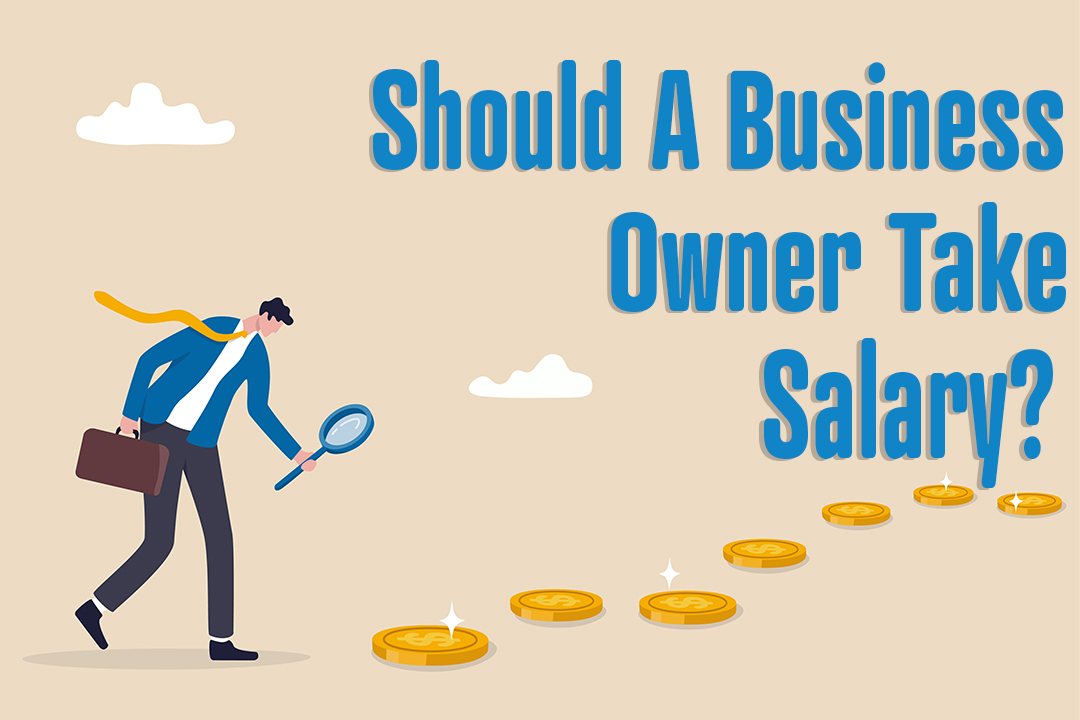If you own a business in name only, beware of taking a salary. Owning a business in this manner is not sufficient to take a salary!
There are many businesses that have owners that are in “name only.” However, those owners need to be cautious in taking a salary. Just being an “owner” may not be sufficient to be a salaried employee.
In a recent bankruptcy case back East, (Village Red Restaurant Corp. d/b/a/ Waverly Restaurant) the Bankruptcy Court held that simply owning a business was not fair consideration in exchange for a salary.
Here’s The Case
Village Red Restaurant Corp’s (“Village Red”) operated a restaurant in New York. The sole shareholder was Christine Serafis (“Christine”). She received the shares from her father as part of his estate planning. Her father nevertheless continued to operate the business. When Christine’s father was no longer able to operate the business, an employee took over the management role. However, Christine took a paycheck from the business and received several dividend payments.
Village Red experienced financial difficulties and filed a Chapter 11. The plan administrator ended up suing Christine to avoid and recover the salary and dividend payments she received. They claimed that they were fraudulent transfers.
The key questions the court looked at was whether Christine provided reasonably equivalent value, or fair consideration, for the payments that she received from Village Red. They considered several factors including: (1) Christine assumed no duties or responsibilities relating to the operation, control or management of Village Red; (2) Christine never worked at Village Red and rarely visited; (3) she was solely an owner on paper; etc. The court looked at this evidence to determine that Christine “provided no actual services, property or other consideration” in exchange for the salary payments. As such, the payments were gratuitous, and Village Red did not receive reasonably equivalent value in exchange.
As a result, the court determined that these prepetition payments were subject to avoidance, and Christine was required to repay the money back to the estate.
The Key Takeaway
The key takeaway in this case is that simply being an owner in “name only” is not sufficient to justify a salary. When things are going well, doing so may pose little to no risk. However, in the event of an insolvency event, a trustee or a creditor may have a right to sue for the return of payments made to an owner or phantom employee that provides no actual value to the business. As such, make sure you are intentional with how you spend company funds, and remember that salaries must be earned.

